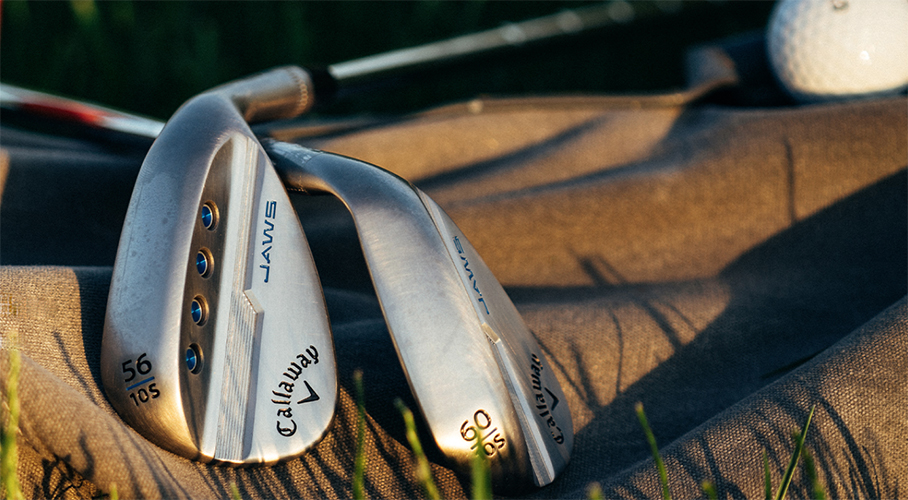Callaway Golf company’s net sales decreased 34 percent to $297 million in the second quarter ended June 30, compared to $447 million for the comparable period in 2019. This decrease reflects the negative impacts of the COVID-19 pandemic on both the golf equipment and soft goods operating segments globally. In response to the pandemic, government regulatory orders throughout much of the world resulted in the temporary closure of most of the company’s operations and retail doors as well as its customers’ businesses for a significant portion of the second quarter. These closures were partially offset by a significant increase in the company’s e-commerce sales compared to the same period in 2019. Changes in foreign currency rates also had a $2 million negative impact on second-quarter 2020 net sales.
“The second quarter began as an extremely challenging operating environment in all of our global markets as we saw the height of worldwide regulatory restrictions related to COVID-19,” commented Chip Brewer, president and CEO of Callaway Golf company. “In the face of these challenges, I am pleased that we were able to achieve positive non-GAAP earnings and Adjusted EBITDAS during the second quarter and am pleased with how strongly our core markets and business picked up as the regulatory restrictions eased. We expect continued improvement but also that the COVID-19 pandemic will continue to negatively impact our business with sales headwinds and gross margin pressure through 2021. We remain encouraged by our golf equipment and soft goods businesses, both of which began the year on track for a record year and both of which have recovered more quickly than expected at the end of the second quarter and into the third quarter.”
Company gross margin decreased 520 basis points to 41.1 percent of net sales in Q2, compared to 46.3 percent for the second quarter of 2019. Non-GAAP gross margin decreased 530 basis points to 42.2 percent of net sales compared to 47.5 percent in Q2 last year. The company said the decrease in gross margin is primarily attributable to the decrease in sales related to COVID-19, costs associated with idle facilities during the government-mandated shut-down, a decrease in higher-margin company-owned retail sales due to temporary store closures, an increase in lower margin sales of packaged sets, entry-level golf balls, and pre-owned product in the golf equipment business, as well as increased tariffs on imports from China compared to the second quarter of 2019. This decrease was partially offset by the increase in the company’s e-commerce business.
Operating expenses increased $138 million to $300 million in the second quarter of 2020 compared to $162 million for the year-ago period. The increase is due to a $174 million pre-tax non-cash impairment charge related to the Jack Wolfskin goodwill and trade name. Excluding the impairment charge and other items mentioned above, non-GAAP operating expenses for the second quarter of 2020 were $121 million, a decrease of $38 million compared to the second quarter of 2019. This decrease was driven by the cost reduction efforts the company began implementing in March 2020 in response to COVID-19, as well as lower variable expenses associated with the reduced sales.
The second quarter 2020 loss per share was $1.78, compared to fully diluted earnings per share of 30 cents a share for Q2 last year. Excluding the impairment charge and the other items, the non-GAAP 2020 second-quarter earnings per share was 6 cents, compared to fully diluted earnings per share of 37 cents for the 2019 comp quarter. The earnings for the second quarter of 2020 included foreign currency-related gains of approximately 11 cents per share (including approximately 9 cents per share related to the settlement of a cross-currency swap program), compared to approximately a penny per share for the comparable period in 2019.
“The golf equipment business is recovering very quickly,” said Brewer. “Once COVID-19 regulatory restrictions began to ease late in the second quarter, there was a demonstrable pent-up demand to play golf, an increase in new and returning golfers, and an uptick in new orders from both consumers and retailers. The pace of recovery in the apparel business also exceeded our expectations but has been slower than that of golf. As a result of the impact of COVID-19, along with a weaker euro than originally anticipated, during the second quarter, we incurred a pre-tax non-cash impairment charge of $174 million related to the Jack Wolfskin goodwill and trade name. Nonetheless, we remain positive on the ability of the Jack Wolfskin business to contribute significantly to our overall apparel business and strategy. Over the long-term, we continue to believe strongly that our scale and global reach in the active lifestyle category, highly regarded brands, and sector expertise will create a compelling revenue growth opportunity with improving profitability, which will generate meaningful value for shareholders.”
“Looking ahead, the impact of the COVID-19 pandemic on our businesses through 2021 remains unclear,” Brewer explained. Given the uncertain short-term environment, we remain focused on stringent cost management and prudent capital allocation. In reevaluating our capital allocation strategy, we determined that our dividend is not the most effective use of capital at this time. As a result, we are suspending our one cent quarterly dividend. We are confident we will emerge from the pandemic in a position of relative strength. We remain hopeful for an end to the pandemic and thankful that our golf and outdoor lifestyle businesses support an active and healthy way of life that is compatible with a world of social distancing.”
Photo courtesy Calloway










